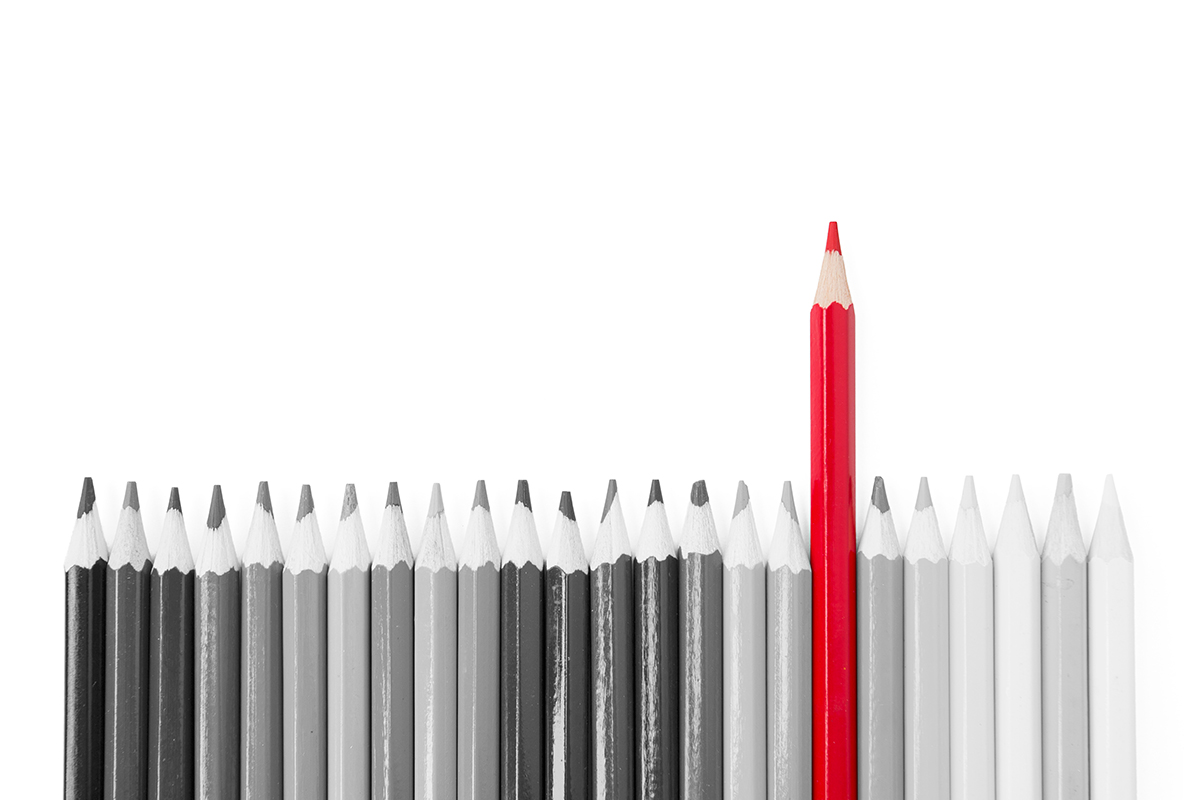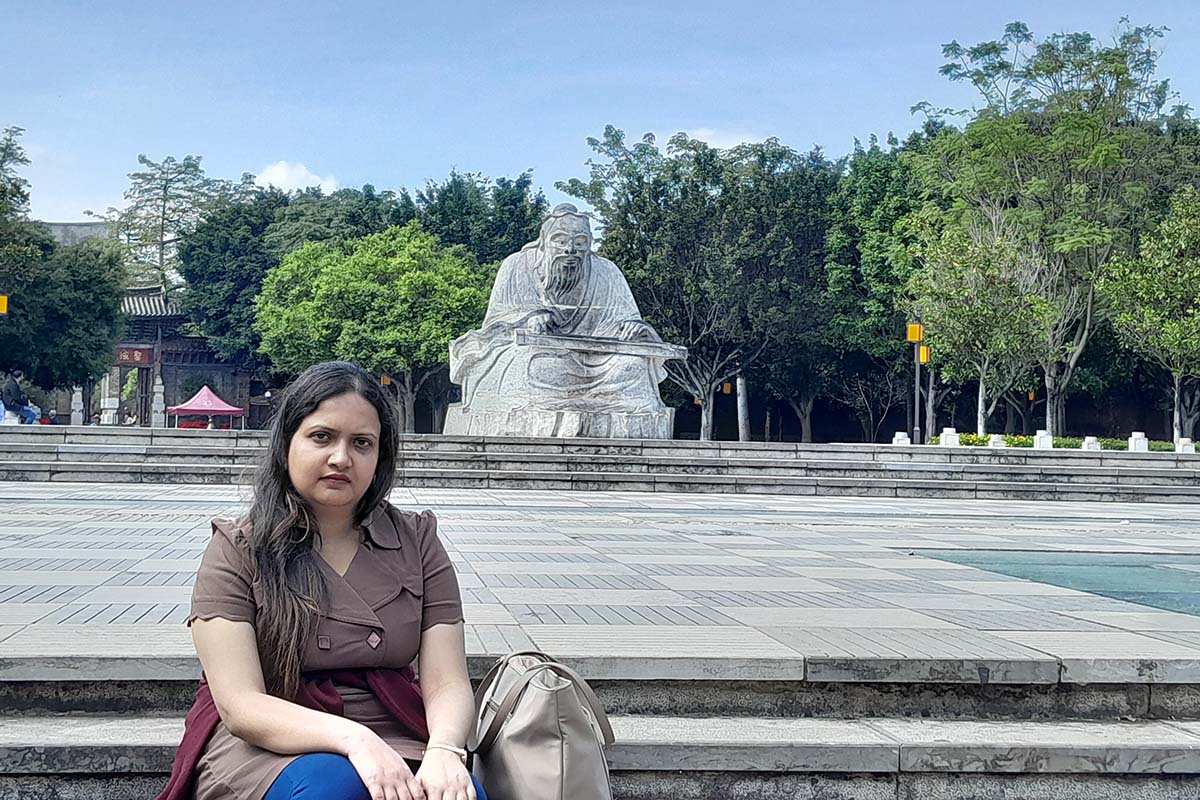Is The Left Hand Really The Wrong Hand?
September 8by Hannah Kumadi Wakawa
The kiosk owner selling biscuits and sweets will refuse to sell to you, look down at your hand, and remind you of the wrong you’re committing. Innocently, you’ll switch the naira notes to your right hand and offer them to him. Only then will he accept them and sell the biscuits to you, but not forgetting to remind you, “Don’t do that again. It’s bad to give people things with your left hand.” The aunt who had returned from a distant journey will give all the children jumping around a stick of sweet and knock your hand when it’s your turn to receive the sweet.
Big Mommy will reach out with her long stick and knock your hand once you try to get the spoon with your left hand, saying, “Don’t be a dirty girl, stop that.” When you go to school, your teachers won’t stop knocking your hand because you have to do the right thing, which is using your right hand, as in this part of the world, a child doesn’t belong to just one person, so everyone must play their part in ensuring the child conforms to social and cultural standards. In this part of the world, giving, receiving, eating, and drinking with the left hand is considered rude and dirty.
You were told that the devil himself was considered southpaw, and his other evil spirits were always conjured up by left-handed gestures. You were told that the left hand is a mark of the beast and is dirty, hence the need to switch to an acceptable world.
For a young Nigerian child born into a predominantly right-handed environment and a culture that tends to view left-handedness as a sign of evil, the child is constantly reminded that their left-handedness is a curse. Parents, teachers, and even peers would scold and tease the child for using their left hand, forcing them to adapt to a world designed for right-handed individuals. Blinded by the desire to achieve the right society, the impact of the constant corrections and scolding on the left-handed child is ignored or overlooked. This leaves the children to fight a mental battle they cannot express. Constantly being reminded leaves the child feeling shame, self-doubt, and low self-esteem. Unable to interact freely among their peers, they are constantly conscious of themselves so as not to go wrong again. This affects not just their childhood but grows with them into adulthood.
But what if we dared to be different? What if we created a world where left-handed children could thrive without fear of judgment or rejection? A world where their uniqueness is celebrated, and their differences are embraced. Let us challenge these harmful societal norms and cultural beliefs and create a safe space for left-handed individuals to be themselves. Together, we can break the stigma surrounding left-handedness and unlock the full potential of our left-handed children. The power of diversity lies in our differences, and it’s time we harness it to build a more inclusive and compassionate society.






